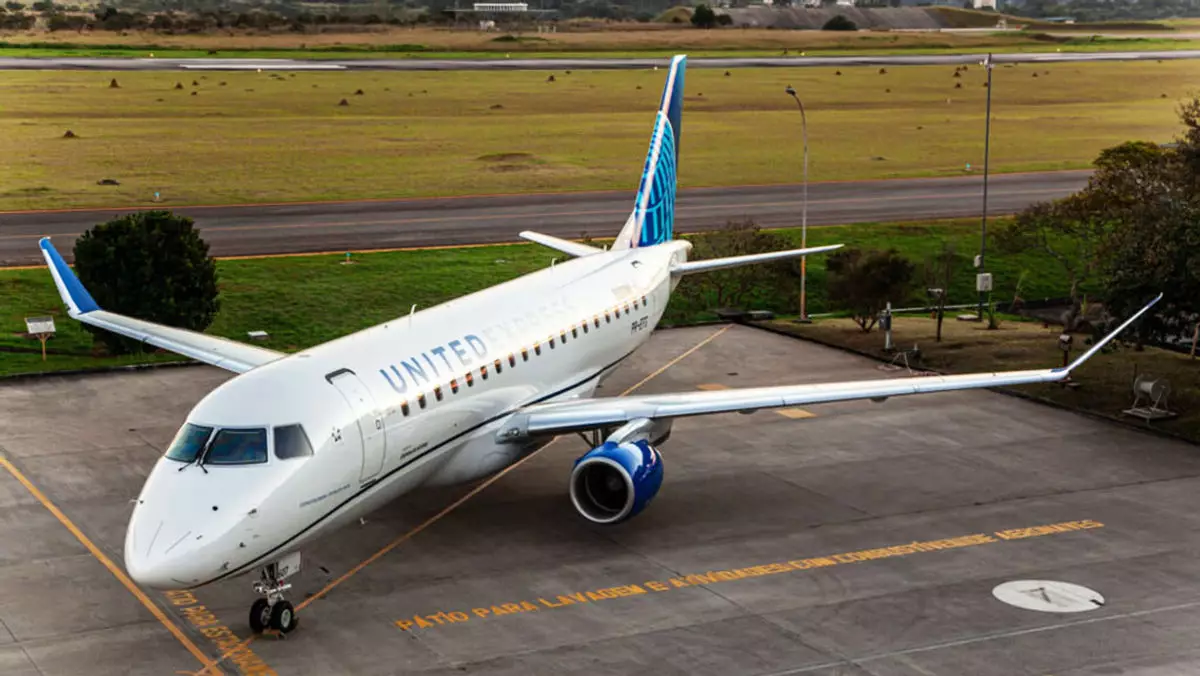Regional carrier Mesa Airlines recently made the difficult decision to furlough a dozen pilots and halt training for 41 incoming pilots. This move is a clear indication that the pilot shortage crisis that has plagued regional carriers in the aftermath of the pandemic has begun to ease. Mesa pointed out that the hiring pauses and reductions at major carriers have contributed to this shift, as mainline carriers often poach pilots from regional airlines.
Factors Contributing to the Pilot Shortage
Mesa’s CEO, Jonathan Ornstein, highlighted that attrition rates at the airline have decreased significantly in recent months. Previously, attrition often exceeded 25 pilots per month, creating a substantial gap in staffing. This decline has been attributed to the slowdown in hiring across the aviation industry, as well as the gradual improvement in the industry-wide pilot pipeline. The requirement for new pilots to have accumulated 1,500 hours of flight time has also caused delays in the certification process for aspiring trainees.
Due to the reduced attrition and a more stable pilot workforce, Mesa is now poised to increase its operations with United Airlines. However, data from Cirium shows that Mesa is currently operating 30% fewer seats for United compared to pre-pandemic levels in July 2019. The regional carrier also ceased operations for American Airlines in April of last year, further highlighting the challenges faced by regional airlines amidst the ongoing pilot shortage.
A report from the pilot advisory firm FAPA revealed that the 10 largest U.S. passenger airlines hired significantly fewer pilots in recent months. Hiring numbers plummeted from 885 in January to just 122 in June, signaling a broader trend of hiring pauses across major carriers. Airlines such as Alaska, American, JetBlue, Southwest, Spirit, and United have all temporarily halted pilot recruitment efforts, citing various factors such as Boeing delivery delays and engine issues affecting Airbus A320neo aircraft.
Future Outlook for Regional Carriers
While the hiring pauses at major airlines may offer some relief to regional carriers in terms of pilot availability, the challenges persist. FAPA cautioned that regional airlines still face staffing issues, particularly with a growing demand for experienced captains. The industry as a whole will need to address these ongoing challenges to ensure the stability and growth of regional airline operations in the long term.

